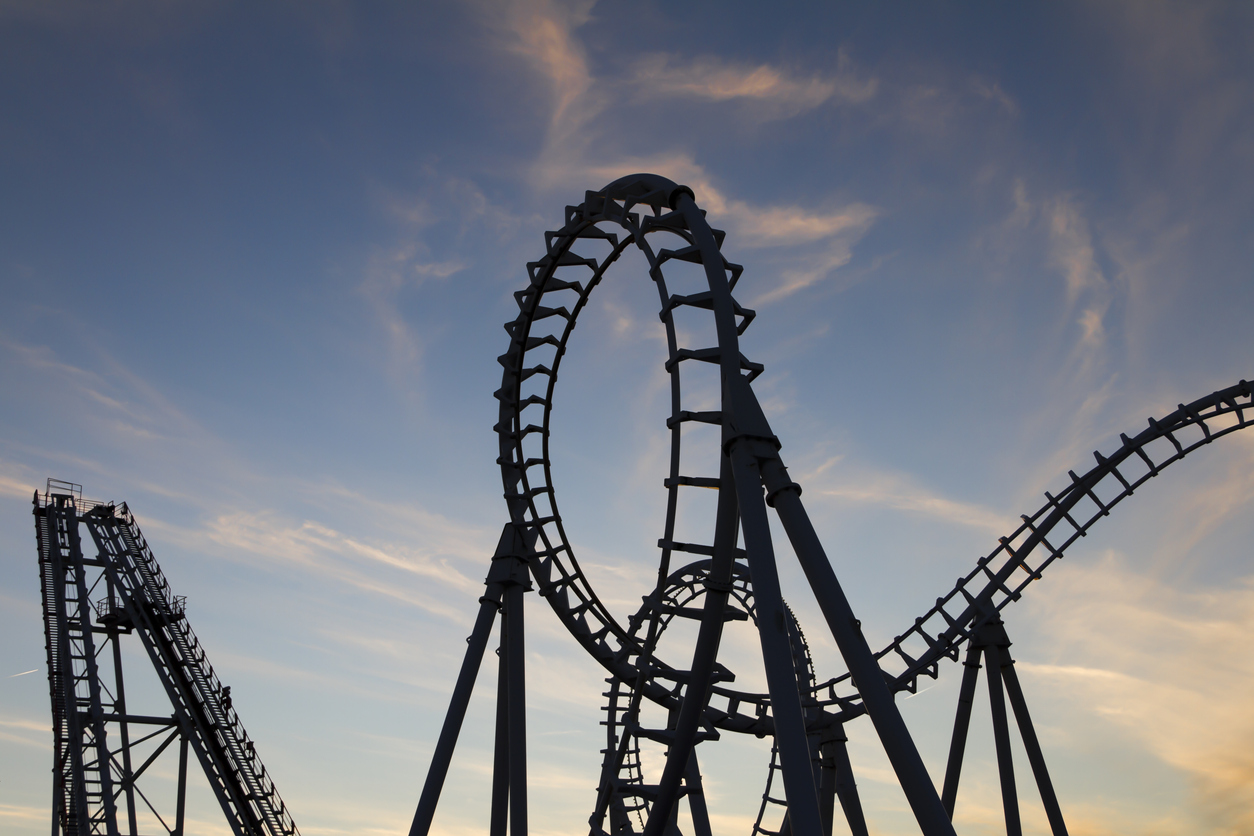It started with a dare I gave myself on a lazy Sunday afternoon. I was sipping tea that I had absentmindedly sweetened with honey, when the thought crept in: what would a week without sugar look like? The moment felt mischievous, almost rebellious—like sneaking out of your own house just to see if you can. I wasn’t setting out to overhaul my diet forever, just to test how much sugar had wormed its way into my daily rhythm.
The first day felt like standing at the edge of a pool, dipping one toe in icy water. I told myself I could survive without the chocolate I usually reached for mid-morning, but the craving arrived as predictably as the mail. It wasn’t just hunger; it was ritual. My hands kept opening cupboards like they were on autopilot, searching for something sweet, as if a phantom candy bar might materialize. I felt oddly hollow, not physically, but in a strange emotional sense, like someone had turned down the brightness in the room.
By the second day, my body began whispering complaints. A dull headache settled at the base of my skull, the kind you get after staring at a screen too long. I realized how much sugar had been a cushion in my day—the soft landing after stressful emails, the quick reward when errands piled up. Without it, stress hit me harder. I felt raw, like walking barefoot on gravel. That evening, I caught myself staring at a row of pastries behind glass at a café, not with desire, but with the same fascination as watching fireworks. They were dazzling but somehow untouchable.
On the third day, I grew irritable. A storm cloud followed me around, and I snapped at small things: the slow progress bar on my laptop, the squeak of my neighbor’s chair on the balcony. Normally, I would’ve nibbled on a cookie to soften the edges of that mood, but instead I sat there, unbuffered, feeling the full sharpness of it. It was uncomfortable, but also oddly honest. Sugar had been muting parts of my emotional spectrum, and now every shade of irritation showed up in high definition.
By the fourth day, the strangest shift began. My taste buds started to reawaken, as though they had been asleep under a blanket of sweetness. A plain apple tasted almost electric, its natural sugar lighting up my tongue in a way it never had before. I found myself savoring roasted vegetables, noticing the slight caramelization that had always been overshadowed by dessert. It was as if I had been listening to music with muffled speakers, and suddenly the treble came back.
But then came day five, the hardest. My dreams were filled with cakes, candies, and rivers of melted chocolate, as if my subconscious had gone on a binge while I restrained myself in waking life. I woke up unsettled, feeling like I had cheated on myself in secret. That day dragged. Everything seemed gray, food especially. I ate, but nothing satisfied me. It was like my appetite was mourning a loss. I caught myself resenting my own decision, the way you might resent a friend who convinced you to go on a hike when you’d rather be in bed.
Day six felt lighter. I woke up with more energy than usual, almost suspiciously so. My morning walk seemed sharper, the air cleaner. I noticed how steady I felt—not the jittery high that comes after a sugar hit, but a quiet, sustained balance. My mood wasn’t euphoric, but it wasn’t dipping either. It was as if the rollercoaster I’d been riding every day—the highs of chocolate, the crashes an hour later—had been dismantled, leaving me with a steady path instead of dizzying loops.
By the final day, I had grown protective of this new equilibrium. The cravings hadn’t vanished, but they had quieted, like background noise instead of blaring music. I caught myself reflecting on how sugar had been more than food; it had been punctuation in my days. A candy bar was an exclamation point, ice cream was a soft comma, cookies were ellipses stretching a moment. Without them, my sentences felt starker, but also more intentional.
When the week ended, I didn’t celebrate with a slice of cake. I thought I would, but instead I just sat with a bowl of strawberries. Their sweetness felt enough, maybe more than enough. It was humbling, realizing how powerful something so small could feel once my senses weren’t dulled.
What surprised me most was not the physical adjustment, though that was real—the headaches, the cravings, the strange new energy. It was the emotional waves that sugar had disguised all this time. Without it, I had to meet my own moods face-to-face, without a sugary veil. I had to sit in irritation, walk through boredom, and actually recognize joy when it arrived.
The week wasn’t about deprivation, though it felt like it at first. It was about peeling away a layer I didn’t know was there, the sticky glaze that blurred the sharp edges of my days. Now, even if I don’t swear off sugar forever, I know how much it shapes the way I feel, not just the way I eat.
The experiment left me with a simple but unsettling truth: sometimes the hardest part of change isn’t the craving itself, but realizing how much of yourself was wrapped around it. And once you see that, you can’t unsee it.
